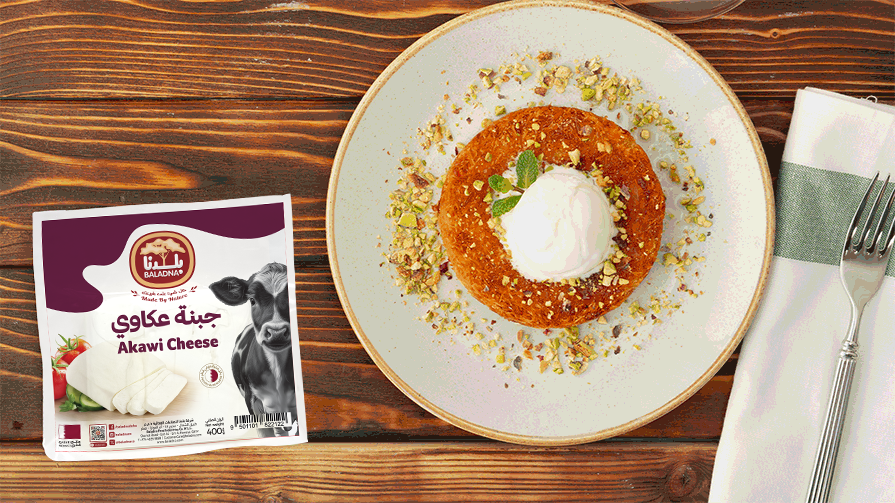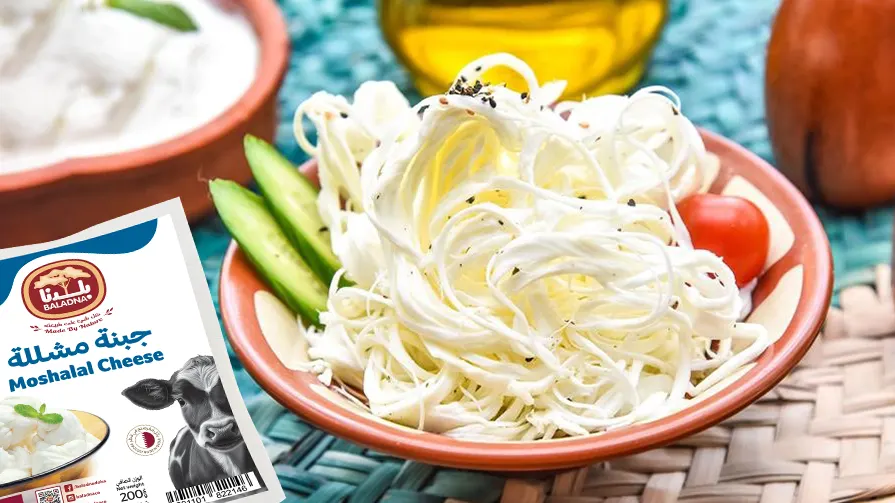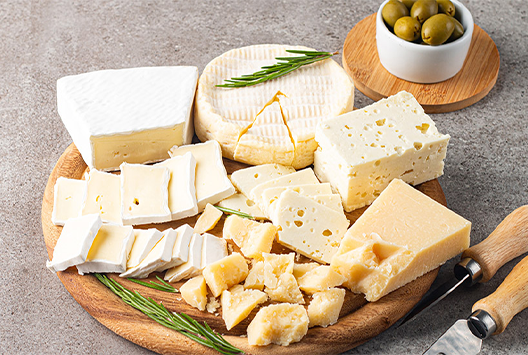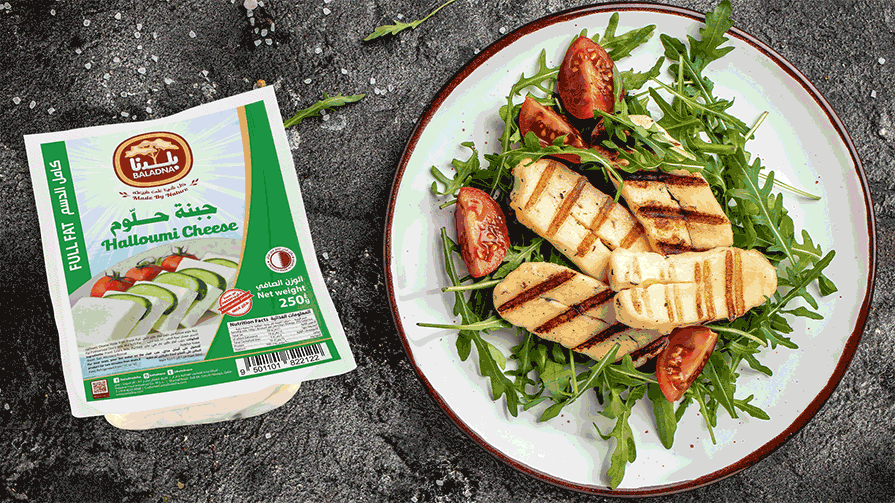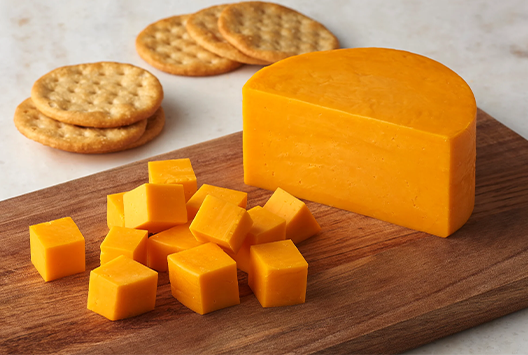
Cheddar Cheese : A Guide To This Classic Dairy Product
Similar
Cheese lovers rejoice! We’ve put together this comprehensive guide to cheddar cheese to highlight its origins, varieties, and uses. After reading it, we’re sure you’ll know this classic dairy product inside and out.
As one of the world's most popular types of cheese, cheddar is loved for its distinctively sharp flavor and creamy texture. So whether you're a cheese connoisseur or just curious about the basics of this delicious staple, read on to learn more about cheddar cheese.
What is cheddar cheese?
Cheddar cheese originated in England and is one of the world's most popular and widely consumed types of cheese. Rich yellow or white cheddar cheese has a distinctive sharp, acidic flavor, ranging from mild to extra sharp.
Cheddar cheese is typically aged from two months to five years, with extended aging periods resulting in sharper flavors. The longer the cheese ages, the less moisture it contains and the firmer its texture.
What is the difference between white and yellow/orange cheddar?
White and yellow/orange cheddar cheese are two popular variations of the same type of cheese. There are several differences between the two varieties.
- Appearance: White cheddar is creamy and off-white, while yellow/orange cheddar is bright orange-yellow. This color difference is due to adding annatto, a natural food coloring, to yellow/orange cheddar. White cheddar does not contain this food additive.
- Flavor: White cheddar has a mild flavor with notes of sweet, nutty, and buttery flavors, while yellow/orange cheddar has a slightly sharper and more intense flavor thanks to the annatto coloring agent.
- Nutrition: Yellow/orange cheddar is higher in vitamin A than white cheddar due to the annatto coloring. Otherwise, both kinds of cheese are high in fat and calories, offering similar amounts of protein and calcium.
How is cheddar cheese normally used?
Cheddar cheese is primarily used for melting on top of dishes such as burgers or grilled sandwiches and shredding over salads or soups.
Cheddar is also used in other dishes, such as casseroles, quiches, and macaroni and cheese. The rich flavor of cheddar cheese adds depth and complexity to these dishes. Cheddar cheese is often used in sauces, dips, spreads, and dressings. Its sharp taste is perfect for adding flavor to these foods without the need for additional spices or seasonings.
Another widespread use for cheddar cheese is in the form of snacks. Cheddar cheese can be easily cubed for snacking or melted onto crackers for a tasty treat. Cubes of cheddar cheese are often added to fruit platters or charcuterie boards, creating a delicious snack that everyone will enjoy. It is also great for grating into dips or making cheesy toppings for nachos or pizza.
How do you store cheddar cheese?
To store cheddar cheese the right way, wrap it tightly in wax or parchment paper and place it in an airtight container in the refrigerator. Ensure all edges are sealed tightly to avoid air from entering. This will help prevent mold from forming and spoiling the flavor of the cheese. It's also essential to keep the cheese away from other food items, as cheddar cheese has a powerful smell and taste that can be easily transferred to other foods.
It’s a bold world with cheddar cheese
Whether you're a long-time cheddar cheese lover or just starting to incorporate it into your dishes, we hope this guide helped you understand all the delicious possibilities this timeless dairy product offers. With its nutty, sharp taste and endless versatility, why not let cheddar cheese take center stage in your next dish?
If you're looking for a trusted dairy and beverage company in Qatar to purchase the finest cheddar cheese from, Baladna is the answer. Our wide selection of cheddar cheese is made with the highest-quality milk and brings you bold flavors with every bite. Get yours now!
